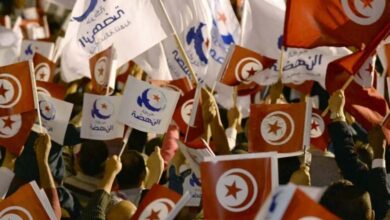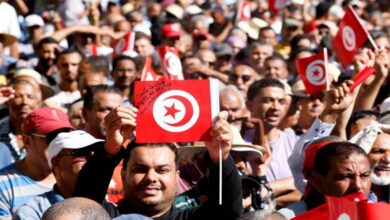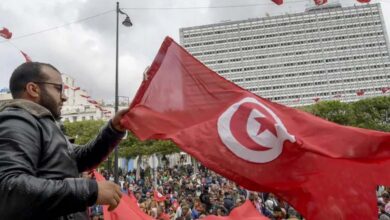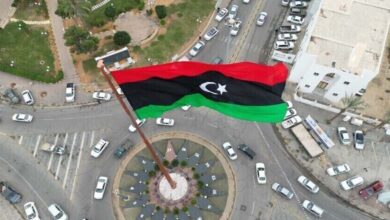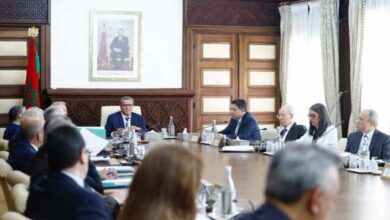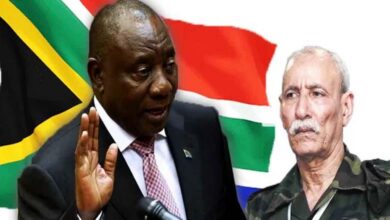Kaïs Saïed sends new messages to the Muslim Brotherhood organization… What did he say?

In new messages directed at the Muslim Brotherhood, Tunisian President Kaïs Saïed affirmed that “some falsely claiming to be nationalists are actually in the arms of foreign powers”, emphasizing that “it is our duty to apply the law to them under Article 60 and subsequent articles of the Penal Code. They will not be satisfied with their betrayal, a great betrayal.”
During a visit he made to the Ministry of Interior headquarters on the occasion of Tunisian Independence Day Tuesday evening, Saïed referred to Article 60 of the Penal Code which states that “any Tunisian who contacts a foreign state to incite it to undertake aggressive acts against Tunisia or provides it with the means to do so, regardless of the motive, is considered a traitor and is punishable by death”.
It is also punishable by death: “any Tunisian disclosing to a foreign state or to its agents, in any manner whatsoever and by any means whatsoever, secrets of national defense or acquiring in any manner such a secret with the intention of disclosing it to a foreign state or to its agents”.
The Tunisian president emphasized that his country is facing “enormous challenges, but our will to overcome them is undiminished, nor is our will to preserve our freedom, our independence, and to liberate the country from the corrupt and the destroyers”.
Leaders of the Muslim Brotherhood based abroad, led by the son of Rached Ghannouchi, Mouadh Ghannouchi, and his son-in-law Rafik Abdessalem, as well as Ghannouchi‘s daughters, are acting to discredit Tunisia.
For a week now, former President Moncef Marzouki, an ally of the Muslim Brotherhood, has filed a complaint against judges in the country with international organizations, announcing a list including the names of 45 judges, a step considered by observers as aimed at influencing the course of justice in trials involving leaders of the Islamist movement Ennahdha.
In recent years, there have been allusions and presidential insinuations about the recourse of the Islamist movement Ennahdha abroad in Tunisian circles, whether when the party was in power or after its failure to mobilize internal popular and political support against Saïed‘s decisions to freeze the Parliament, strip its members of parliamentary immunity, and dismiss the government.





